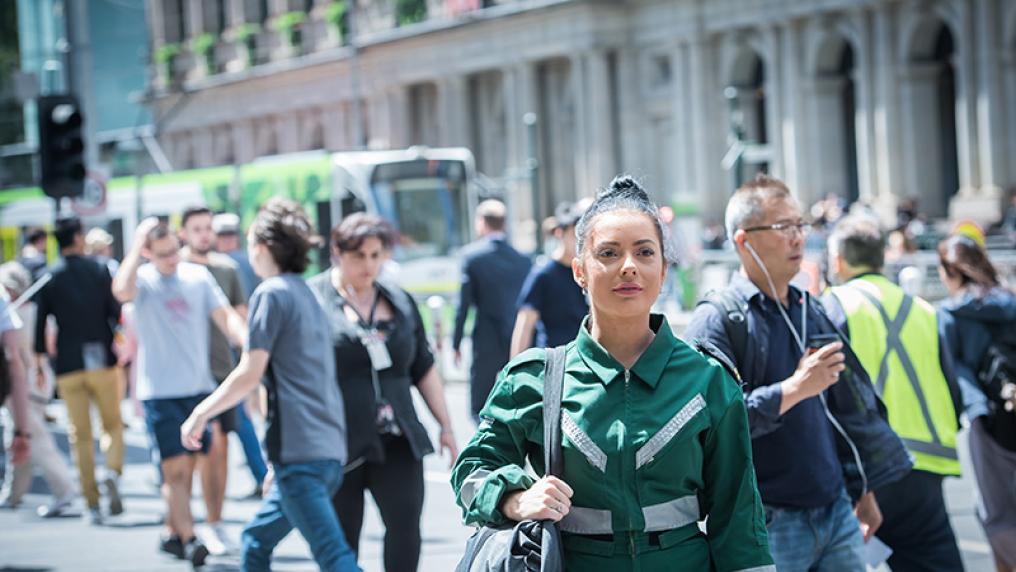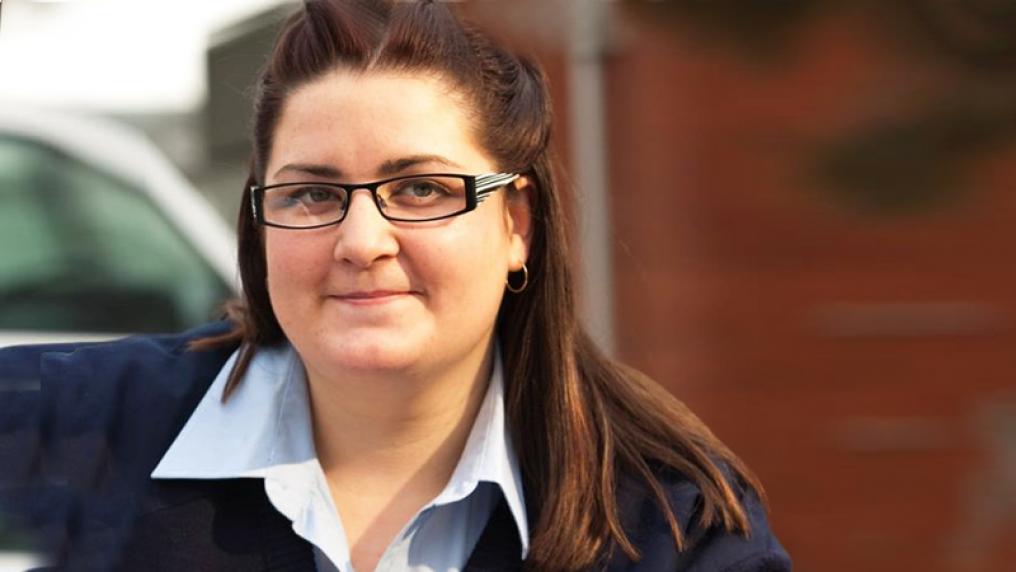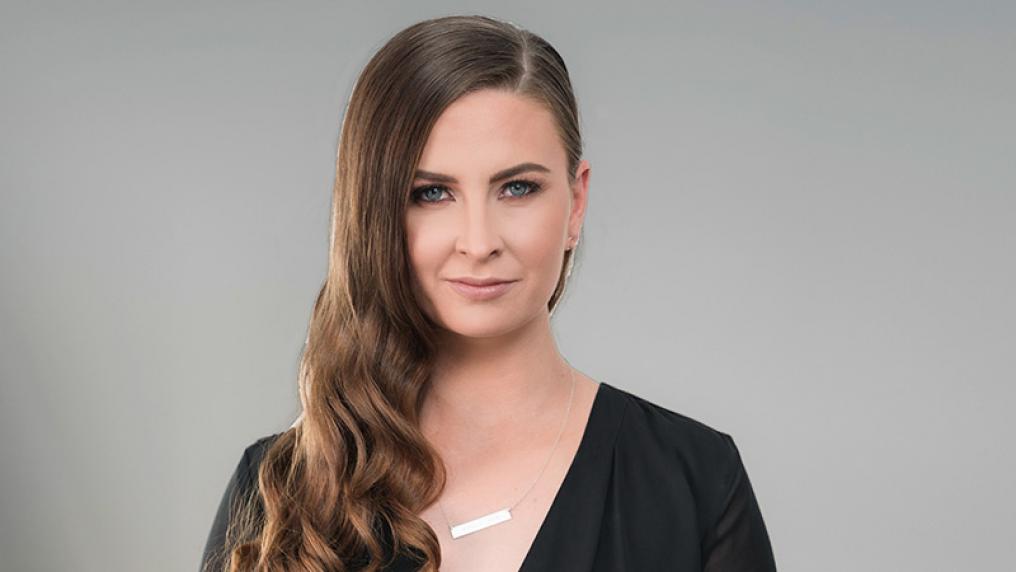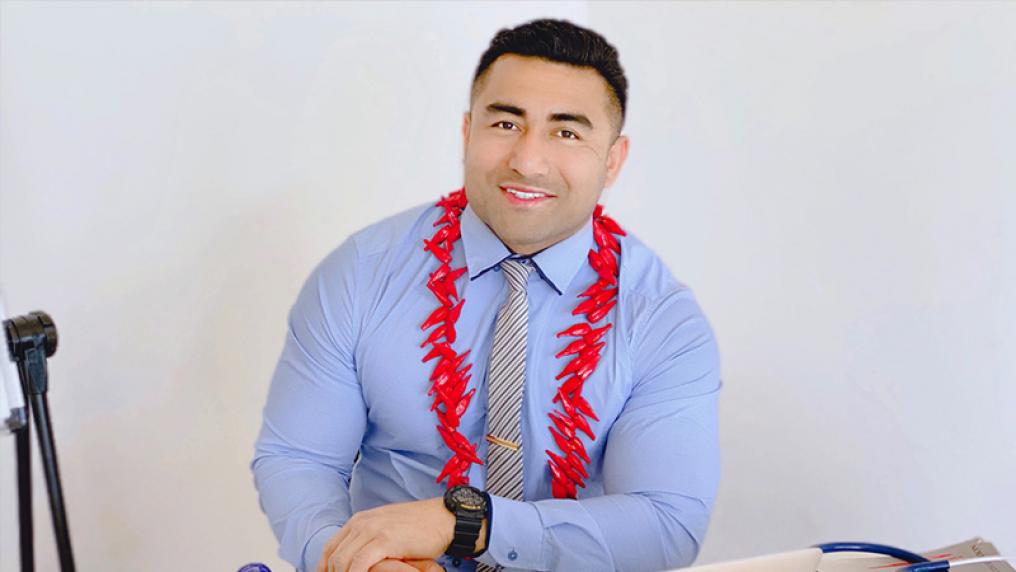Minimum entry criteria include:
- English-language requirements
- academic requirements.
Your work and life experience will also be considered.
To find specific entry requirements for this course, please select the section below that is most relevant to you.
Meeting the minimum entry criteria does not guarantee entry into this course.
This information is relevant if, in the 2 years prior to studying with us, you have completed (or will complete) one of the following:
- Australian Senior Secondary Certificate (e.g. VCE)
- an Australian or overseas equivalent to VCE
- an International Baccalaureate (IB).
Admission criteria
Completion of an Australian Senior Secondary Certificate (VCE or equivalent) including Units 3 and 4: a study score of at least 25 in English (EAL) or 20 in any other English.
This information is relevant if you have completed an accredited award (such as a certificate or diploma) at an Australian Registered Training Organisation (usually a TAFE, polytechnic or other registered VET institute).
Admission criteria
Completion of an Australian Advanced Diploma or Diploma (or equivalent).
OR:
Completion of the Certificate III in Non-Emergency Patient Transport.
PLUS:
Three years (minimum) work/life experience in Health Sciences of similar.
AND:
Provide a Personal Statement.This information is relevant if you’ve previously completed all or part of a university or other higher-education course.
Admission criteria
Completion of at least one semester of an Australian Higher Education award (or equivalent).
This information is relevant if you left secondary school more than two years ago and haven’t studied since.
Admission criteria
Completion of an Australian Senior Secondary Certificate more than two years ago.
PLUS:
Units 3 and 4: a study score of at least 25 in English (EAL) or 20 in any other English.
AND:
Provide a Personal Statement.Take a look at a student profile to get an overview of students who have previously enrolled in this course.
Applicant background Number of students Percentage of all students (A) Past Higher Education Study
(includes a bridging or enabling course)109 49.5% (B) Past vocational education and training (VET) study 61 27.7% (C) Recent secondary education Admitted solely on the basis of ATAR
(regardless of whether this includes the impact of adjustment factors such as equity or subject bonus points)34 15.5% (C) Recent secondary education Admitted where both ATAR and additional criteria were considered
(e.g. portfolio, audition, extra test, early offer conditional on minimum ATAR)NA NA (C) Recent secondary education Admitted on the basis of other criteria only and ATAR was not a factor
(e.g. special consideration alone, audition alone, schools recommendation scheme with no minimum ATAR requirement)<5 <5 (D) Work and Life experience NP NP International students 6 2.7% All students 220 100% "<5" – the number of students is less than 5.
N/A – Students not accepted in this category.
N/P – Not published: the number is hidden to prevent calculation of numbers in cells with less than 5 students.
Special entry programs
Special admission programs
If you are from a disadvantaged or underrepresented social, economic or cultural background, you may be eligible for one of our special admission programs. These programs are designed to help you access education more easily.
Learn more about special admission programs
VU Early Entry
If you're currently in Year 11 or 12, our exclusive VU Early Entry program comes with a Conditional Offer to the course of your choosing*, a personalised course plan, special events, exclusive discounts and access to one-on-one course advice.
*Conditions apply.
Learn more about VU Early Entry
Inherent requirements
Inherent requirements are the abilities, attributes, skills and behaviours needed to meet the learning outcomes of the course.
You should carefully consider the inherent requirement statement as a:
- guide for your learning during the course
- way for you to identify challenges you may have in studying this course.
Additional information
Students are required to be able to satisfy the safe practice requirements set by the clinical placement provider prior to commencing the second year of study and are required to maintain the currency of the safe practice requirements for the full duration of their course. Note, some requirements need to be renewed prior to the commencement of each of the third year.
Current requirements are:
· Working with Children Check
· Annual National Police check (Fit2Work)
. Infection control - donning and doffing of personal protective equipment (PPE)
· Medical Report (InjuryNET)
· Physical Report (InjuryNET)
· Mask Fit Testing
· Clinical Placement Provider Student Undertaking Form
· VU Declaration of Acceptance of Work Integrated Learning/Clinical Placement Terms and Conditions
The Bachelor of Paramedicine is registered with AHPRA. Students who complete this course are eligible to apply to practice as Paramedics in Australia. Students in AHPRA registered courses must meet and maintain certain standards referred to as a student’s “Fitness to Practice”.
On commencement and throughout their studies at Victoria University, students in AHPRA registered courses are required to acknowledge and provide information about their fitness to practice as set out in this form. Part of a student’s “Fitness to Practice” is being ready to undertake compulsory clinical placements. Clinical venues require Victoria University to confirm that all students have met the compulsory immunisations and clearances. These are referred to as pre-placement requirements.
Once studies have commenced, students will be advised of the deadlines to complete both the Fitness to Practice form acknowledgement and pre-placement requirements. Failure to meet these deadlines will result in students being delayed in their progress and/or not being able to complete their course.







